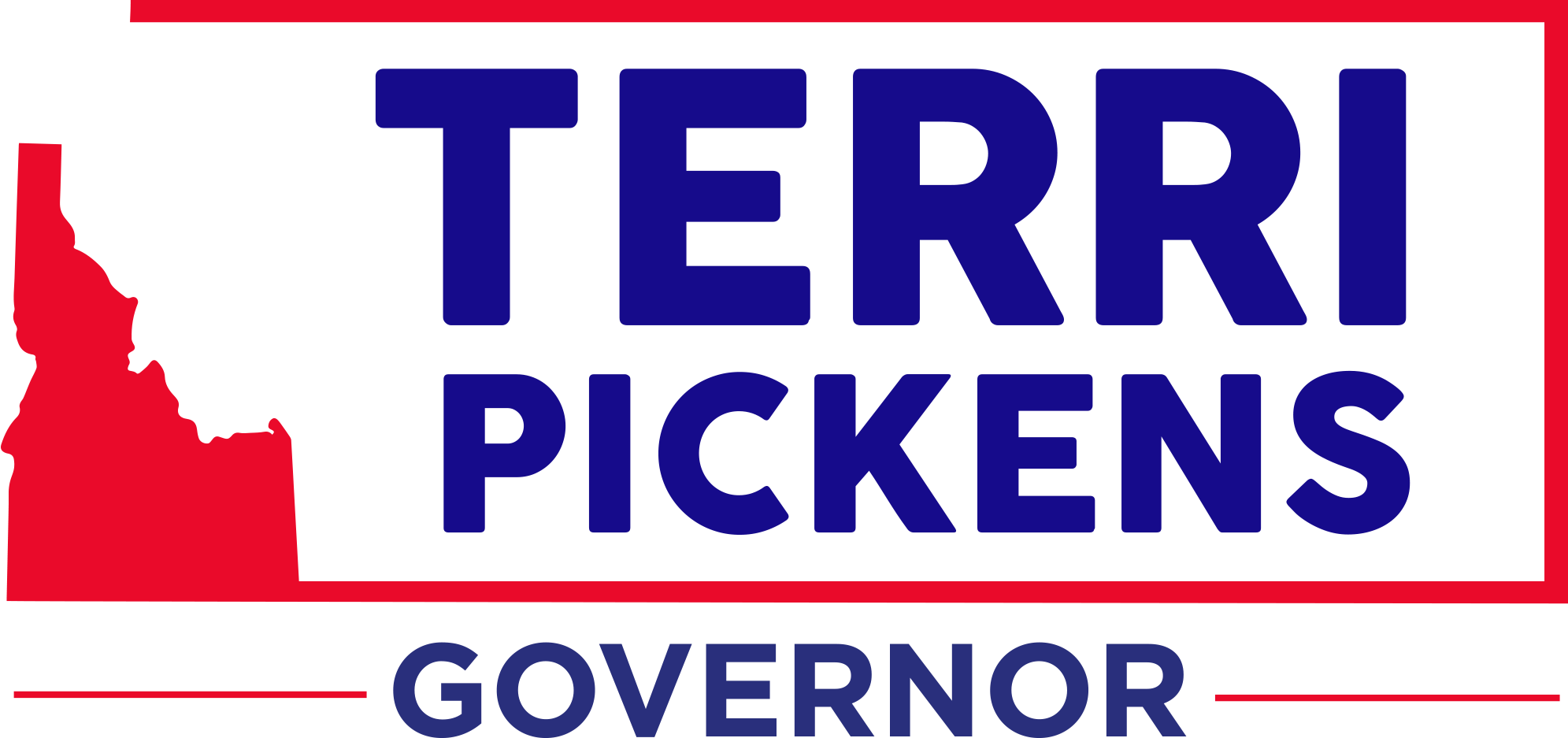Politicians should approach tax reform like the rest of us approach Idaho’s crumbling, two-lane blacktops: carefully to avoid causing damage.
To be clear, the responsible use of this year’s budget surplus would be to pay our bills and invest in essential infrastructure. I mean, if politicians truly wanted to make Idaho more competitive, wouldn’t they connect rural communities to the world economy via high-speed internet? Wouldn’t they make sure roads and bridges were safe? Wouldn’t they keep school buildings in good repair?
As it is, the one-party rule over Idaho politics limits our options—they took full investment in roads and schools off the table.
So be it. Tax reform it is.
The debate shows sharp contrasts between me and my fellow contenders for the Idaho Office of Lieutenant Governor, Rep. Priscilla Giddings and House Speaker Scott Bedke.
Bedke likes the food tax on families. He accuses folks who want to repeal food taxes of “demagoguery,” according to the Idaho Capital Sun. He claims there is “no good solution to replacing the revenue.” It’s curious that he didn’t have those concerns about hundreds of millions in tax cuts he backed to benefit the wealthiest Idahoans.
Giddings, on the other hand, has a record of supporting food tax cuts. But, it is hard to take her seriously when she talks about fairness. In 2016, Giddings claimed two homeowner exemptions for herself—tax relief that is intended for just one home per owner. She even convinced the Board of Tax Appeals to let her do it. It’s curious how well-connected people like Giddings tend to get “fairer” deals from the system than regular folks.
As for me, I believe the debate about tax reform is a debate about fairness and opportunity. I value fairness. Fairness creates more opportunity. If more people have an opportunity to succeed, we all benefit. Conversely, we penalize ourselves if we close the doors of opportunity to people who otherwise may have become some of our brightest lights.
Right now, cutting or eliminating Idaho’s tax on food would be fair. Everyone, rich or poor, buys food. The added benefit is that lower and middle income earners would keep a greater percentage of their incomes. That’s a group who would put that savings back into the economy. They’d buy school supplies and reliable transportation. They’d put it toward rent or homeownership. Certainly the cut would offer true relief as families battle the effects of inflation.
Our future spreads out before us and it is, of course, impossible to see what lies ahead. But, Idaho leaders had the power to make sure that our bridges would be strong. Our roads wouldn’t damage our vehicles. Our school buildings would be safe and well-kept. Or, at the very least, they could have made sure families wouldn’t have to pay taxes on food.
The politicians I am running against had other priorities.
